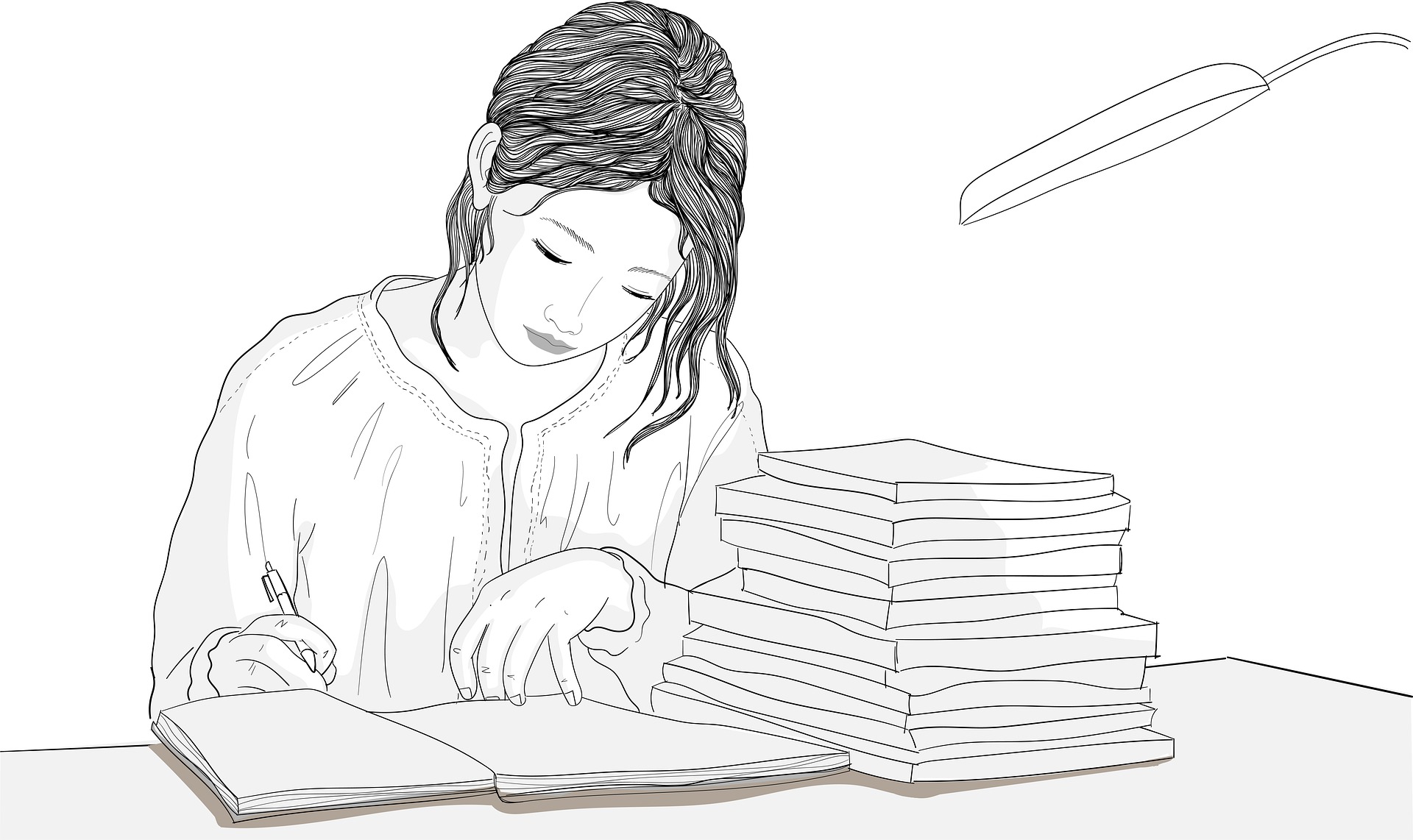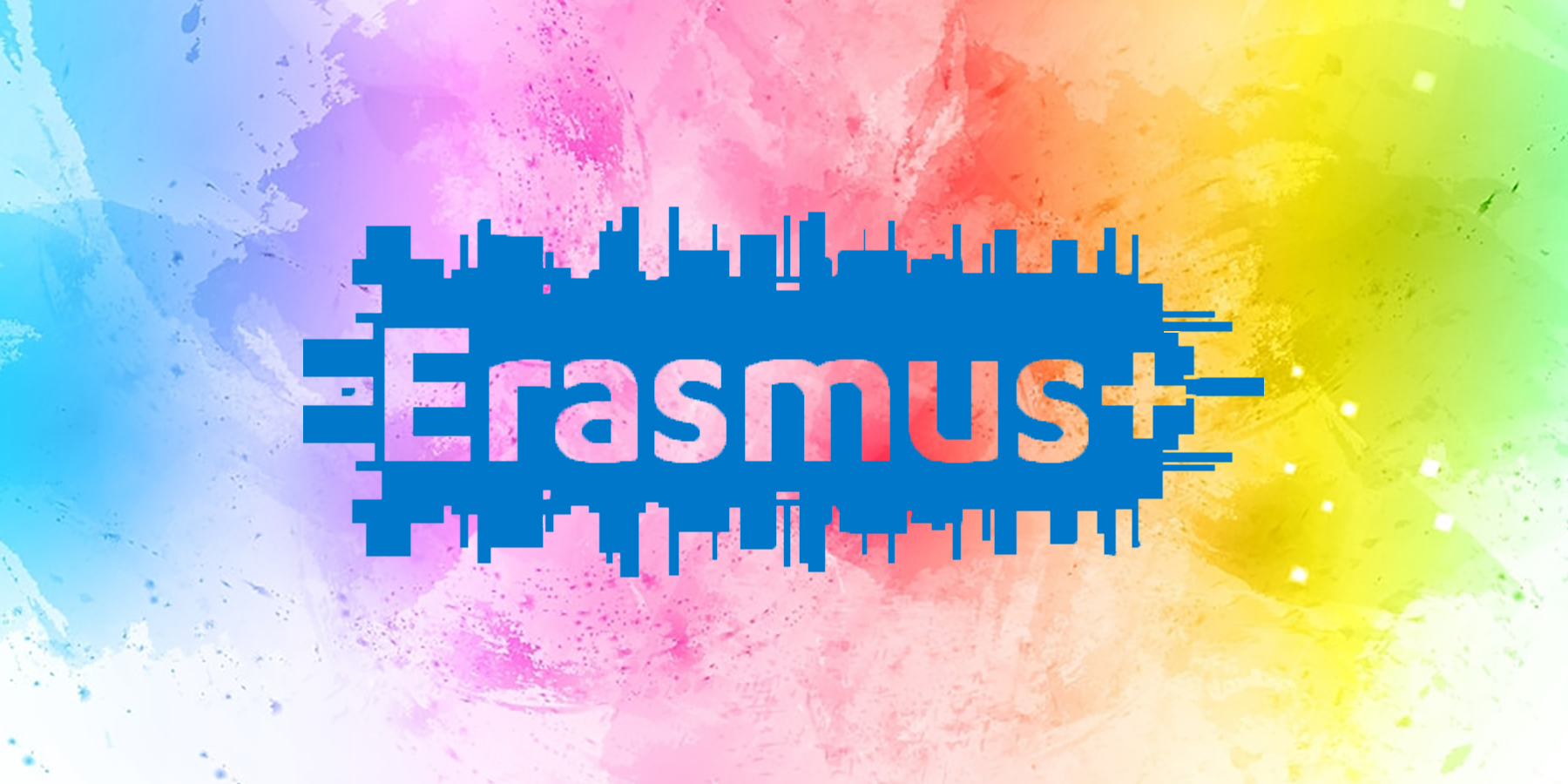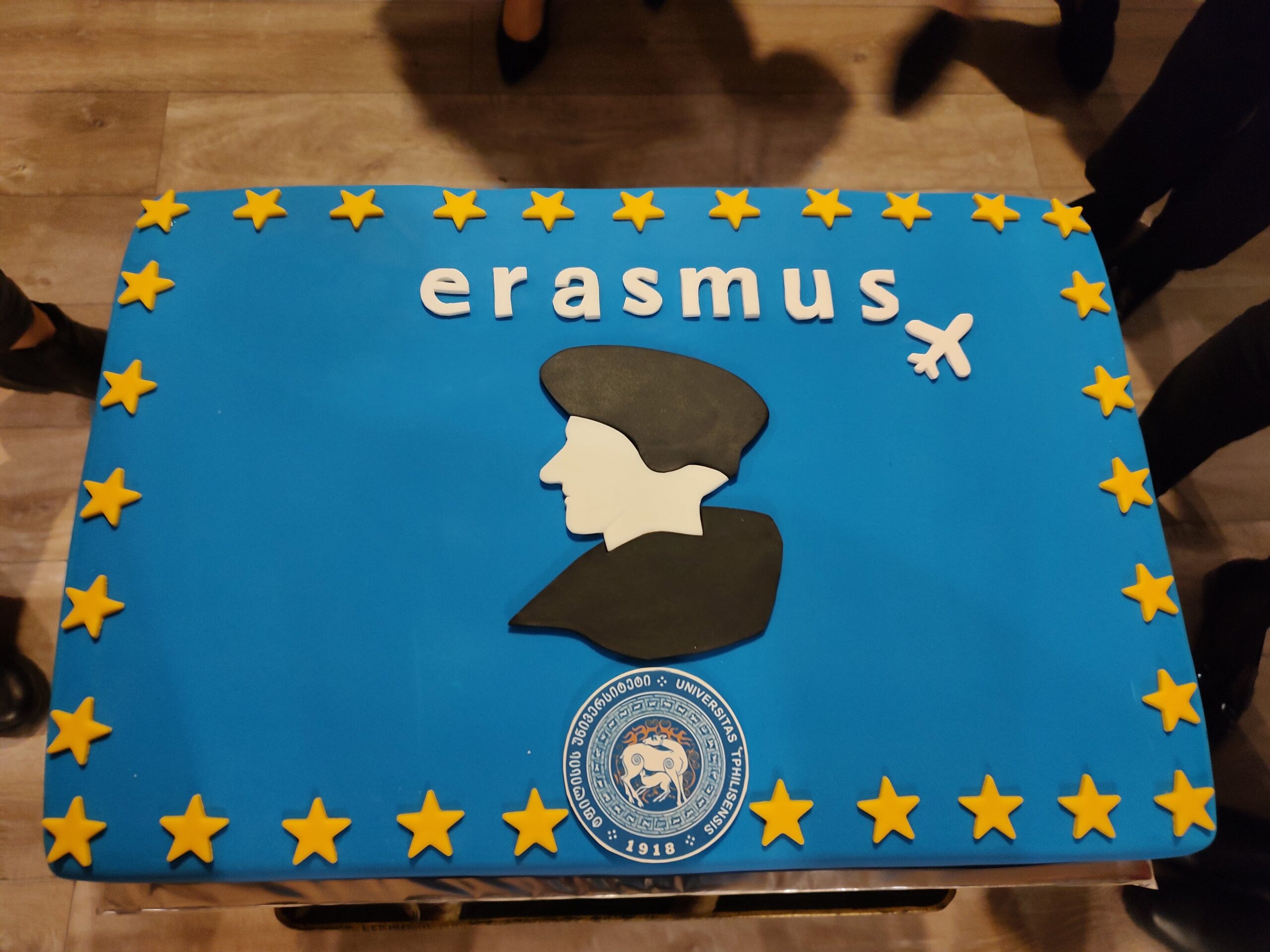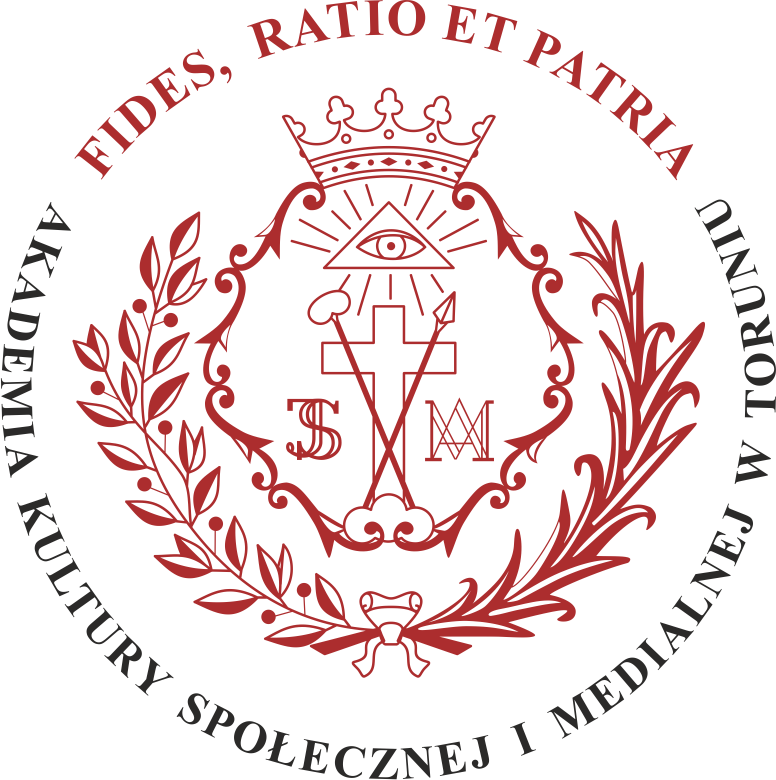#online #exams #teaching #erasmus
The time of the COVID-19 pandemic has meant that as young people – students and lecturers – we have to contend with many limitations. They do not only concern mobility programs, but many of them also affect the internal organization of universities. Many have switched to distance learning for a long time. It was associated with a real logistical challenge, which I think we did very well anyway. The experience we have gained during the coronavirus pandemic is a valuable experience for many academic centers and an answer to the question not only of what to teach, but also how to do it in a modern, accessible way. Although we have coped with the adaptation of our workplaces and studies to the so-called home office, however, it does not always bring positive results.
Today I would like to introduce you to two perspectives of distance learning and exams. On the one hand, it is the perspective of a doctoral student and, on the other hand, an academic lecturer. During the coronavirus pandemic, I had the opportunity to look at these two perspectives personally, which allows me to assess them confidently.
Of course, as lecturers, we had to adapt our teaching style and materials to the needs of distance learning. While it was not a difficult task for the younger generation of lecturers, I watched as the older generation of lecturers, who had used traditional methods, found their way to teaching remotely in a wonderful way. I had the impression that the time of the pandemic paradoxically approached the vast experience of lecturers who have been working at universities for many years with the young generation of educators and scientists who often bring a breath of fresh air to the walls of the university, as well as greater understanding and application of new technologies. The time of the pandemic allowed us to combine experience with this modernity and connected generations of scientists. What is traditional has turned modern.
Transferring education to the remote space has, apart from its advantages, which are undoubtedly the use of new didactic methods, the development of new materials widely available, time saving, but it also has its disadvantages, the main of which is the inability to meet the lecturer and the student in the lecture hall and the lack of this relationship .
In addition, it is very often the case that students do not have cameras turned on during online classes, which also reduces the possibility of establishing relationships and the dynamism of the class. Very often, as a lecturer, you have to wonder if the students on the other side are actually right and are you connected with them ?! J
There are some problems not only with activities carried out in this way, but also with credits and exams. On the one hand, it can make students happy – they stress less being surrounded by things they use on a daily basis than expecting to enter the exam room. On the other hand, for lecturers – verification of the level of knowledge required the use of new tools and an even greater level of trust J
Looking at it from the perspective of a lecturer with relatively short teaching experience – both methods: both stationary and distance teaching and verifying knowledge and skills were not a problem, and they also showed many new perspectives and opportunities (for example through the use of distance learning techniques and tools).
I also have experience from a recent dissertation defense that was held in a hybrid fashion. This is how many undergraduate and graduate exams and the defense of doctoral dissertations take place now. The doctoral student together with the chairman of the committee and the supervisor are present in the classroom, and the rest of the committee members and guests participate in such a meeting remotely. Who knows the specifics of doctoral defense in Poland, knows how important and solemn it is in the life of both the doctoral student and the university. The hybrid form of such defenses (or even completely remote ones), although it slightly reduces the level of stress, on the other hand, causes depriving this solemn moment of all significant character. Although on the one hand I was less stressed, on the other hand I regretted that at this important moment I could only have my relatives remotely.
Let’s hope that the times of the pandemic are over and that everything will slowly return to the state before the coronavirus and we will be able to enjoy – both as lecturers, but also as PhD students and students – face-to-face meetings within the walls of the university.










Hi,
During the pandemic a new and less stressful way of studying was introduced,but at the same time online studies had a few side effects which unfortunately made things harder.
Hi,
Very interesting topic! I also have the opportunity to evaluate from both perspectives.
As a student, at first I was excited that everything was online. Presentations and conferences were much simpler and teachers more tolerant. But it is true that I had very few subjects and more time for papers and projects.
As a lecturer, I was relieved at the beginning that I could rest for a few weeks and gain strength for further teaching. However, during 2-3 weeks of uncertainty, when no one knew how to teach online, what would happen next, when would we return to learn … The nervousness was obvious. Gradually, however, I became acquainted with online platforms and creating my own online materials. The next year we were closed again and I was looking forward to the students when I met them face-to-face more than ever. 🙂
… [Trackback]
[…] Find More Information here on that Topic: ripec-project.eu/discussion/online-teaching-online-exams/ […]
… [Trackback]
[…] Read More to that Topic: ripec-project.eu/discussion/online-teaching-online-exams/ […]
… [Trackback]
[…] There you will find 47286 more Information to that Topic: ripec-project.eu/discussion/online-teaching-online-exams/ […]
… [Trackback]
[…] Find More on to that Topic: ripec-project.eu/discussion/online-teaching-online-exams/ […]
… [Trackback]
[…] Here you can find 99461 more Information on that Topic: ripec-project.eu/discussion/online-teaching-online-exams/ […]
… [Trackback]
[…] Find More to that Topic: ripec-project.eu/discussion/online-teaching-online-exams/ […]
… [Trackback]
[…] Find More to that Topic: ripec-project.eu/discussion/online-teaching-online-exams/ […]
… [Trackback]
[…] Read More on that Topic: ripec-project.eu/discussion/online-teaching-online-exams/ […]
… [Trackback]
[…] Find More on to that Topic: ripec-project.eu/discussion/online-teaching-online-exams/ […]
… [Trackback]
[…] Here you will find 5759 additional Info to that Topic: ripec-project.eu/discussion/online-teaching-online-exams/ […]
… [Trackback]
[…] Information to that Topic: ripec-project.eu/discussion/online-teaching-online-exams/ […]
… [Trackback]
[…] Read More Info here on that Topic: ripec-project.eu/discussion/online-teaching-online-exams/ […]
… [Trackback]
[…] Find More to that Topic: ripec-project.eu/discussion/online-teaching-online-exams/ […]
… [Trackback]
[…] Find More on that Topic: ripec-project.eu/discussion/online-teaching-online-exams/ […]
… [Trackback]
[…] Find More Information here to that Topic: ripec-project.eu/discussion/online-teaching-online-exams/ […]
… [Trackback]
[…] Info to that Topic: ripec-project.eu/discussion/online-teaching-online-exams/ […]
… [Trackback]
[…] Find More on to that Topic: ripec-project.eu/discussion/online-teaching-online-exams/ […]
… [Trackback]
[…] Read More to that Topic: ripec-project.eu/discussion/online-teaching-online-exams/ […]
… [Trackback]
[…] Here you will find 26909 more Info on that Topic: ripec-project.eu/discussion/online-teaching-online-exams/ […]
… [Trackback]
[…] There you will find 19394 more Information to that Topic: ripec-project.eu/discussion/online-teaching-online-exams/ […]
… [Trackback]
[…] Find More on on that Topic: ripec-project.eu/discussion/online-teaching-online-exams/ […]
… [Trackback]
[…] Read More here to that Topic: ripec-project.eu/discussion/online-teaching-online-exams/ […]
… [Trackback]
[…] Find More Info here on that Topic: ripec-project.eu/discussion/online-teaching-online-exams/ […]
… [Trackback]
[…] There you will find 7903 more Information on that Topic: ripec-project.eu/discussion/online-teaching-online-exams/ […]
BRC789 สล็อต คาสิโน
BRC789 เป็นอีกทางเลือกสำหรับสายสล็อตและคาสิโนออนไลน์ มีโปรโมชั่นดี และทีมซัพพอร์ตตอบไว
… [Trackback]
[…] Find More Information here to that Topic: ripec-project.eu/discussion/online-teaching-online-exams/ […]